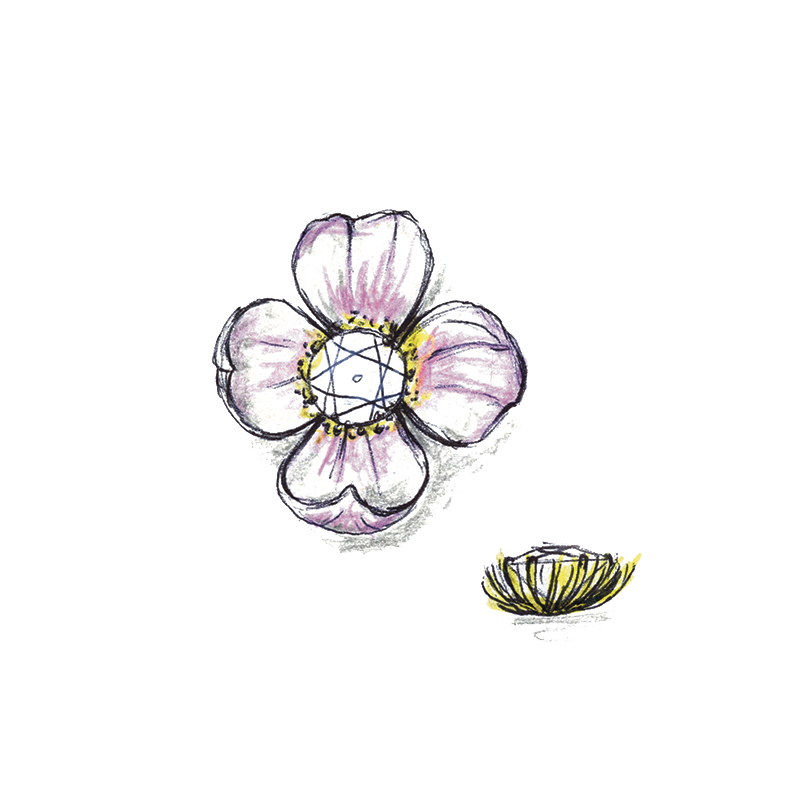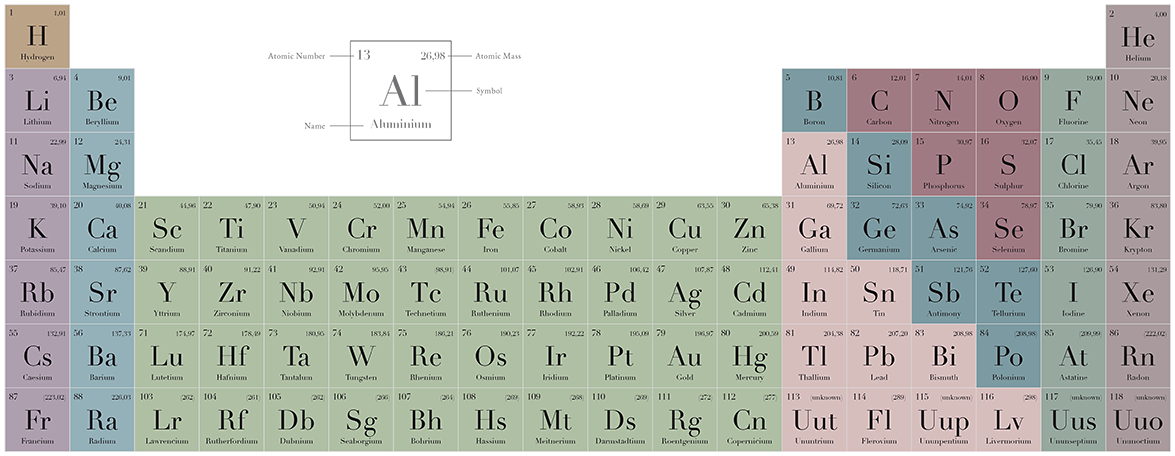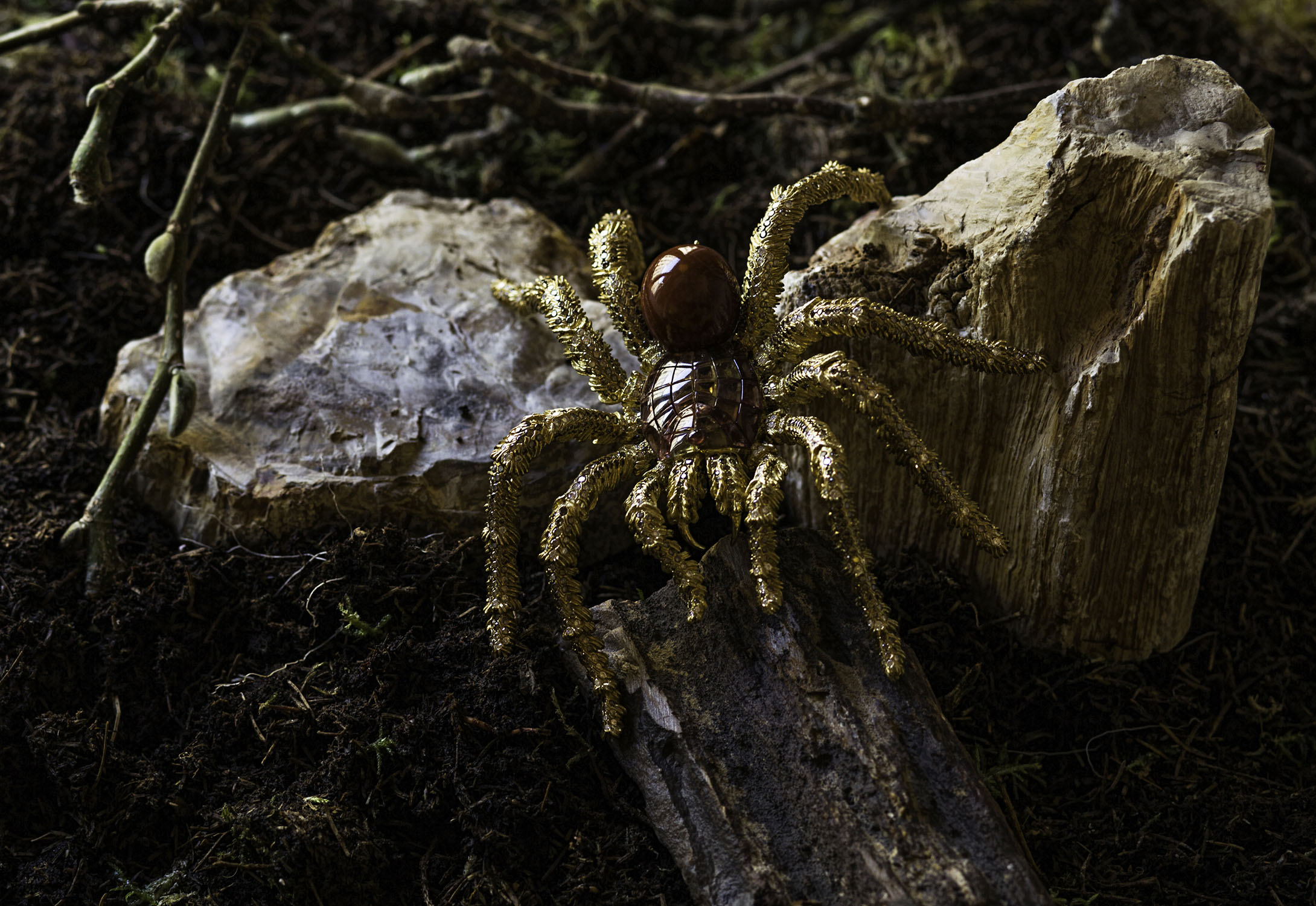The [AL] Project
The [AL] Project
ShareThe [AL] Project explores the unique properties of aluminium through innovative design and exquisite craftsmanship. Consisting of over 15 pairs of earrings and a brooch, the pieces are inspired by eclectic themes such as nature, minimalism and geometry. Through a process of anodizing, aluminium has been created in a variety of hues that complement the natural colours of gemstones.
Aluminium is a metal with a rich history; once the most valuable and sought after material in the world, it went on to become used in almost every aspect of human life.
aluminium – platinum
Aluminium’s natural qualities provided the perfect opportunity for us to experiment with the metal and celebrate its past splendour.
Christian Hemmerle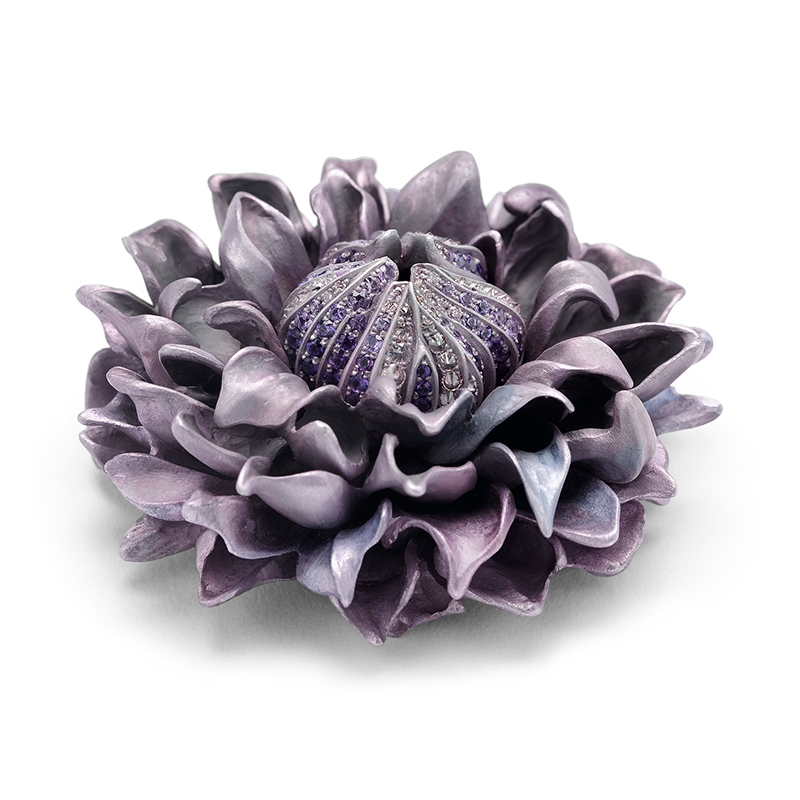
aluminium – white gold – sapphires – diamonds
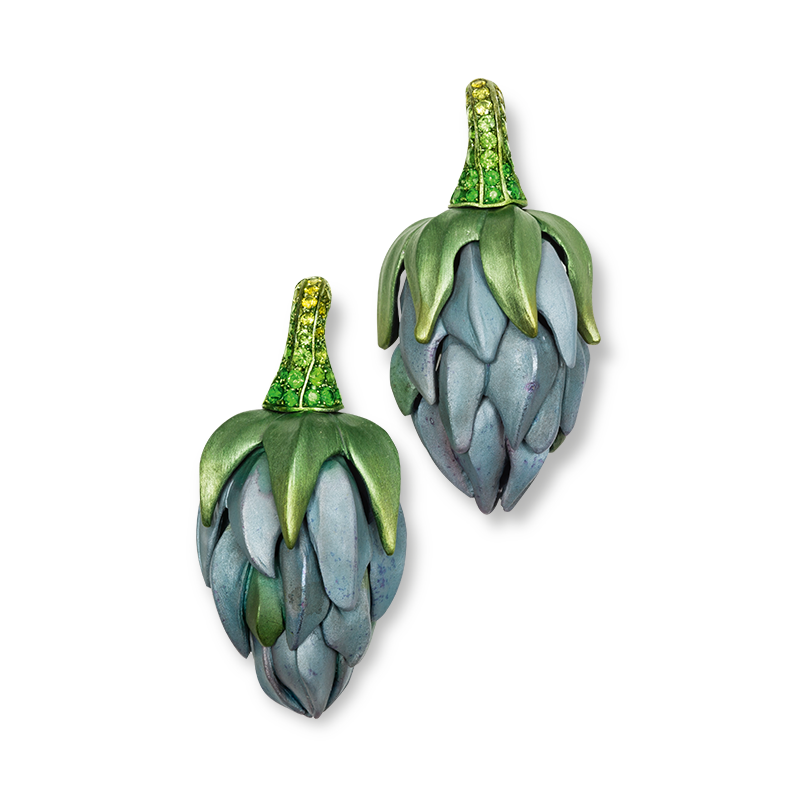
aluminium – white gold – demantoids
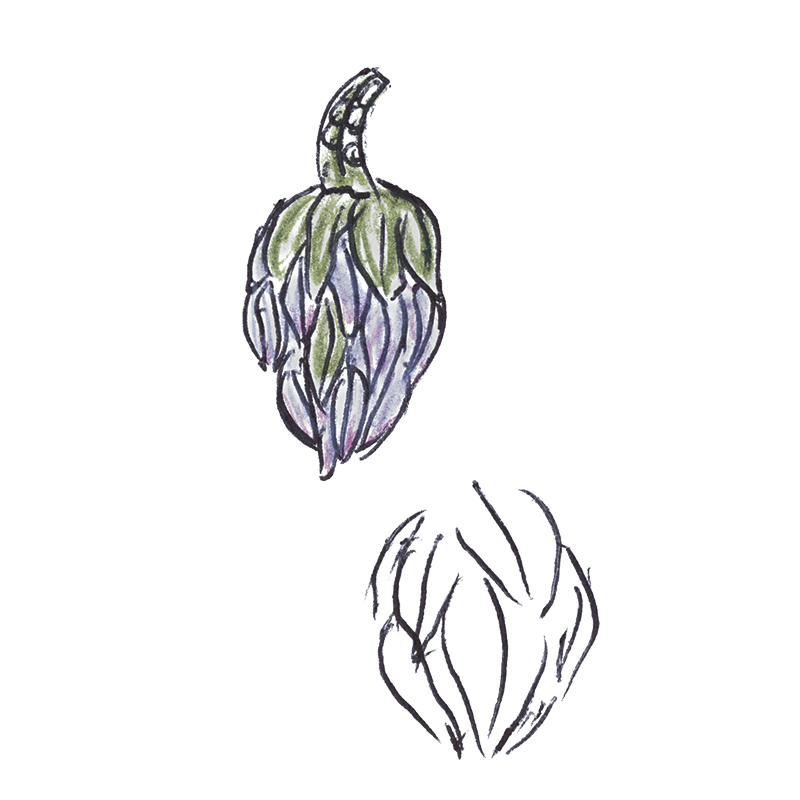
A creation by Hemmerle coming to life
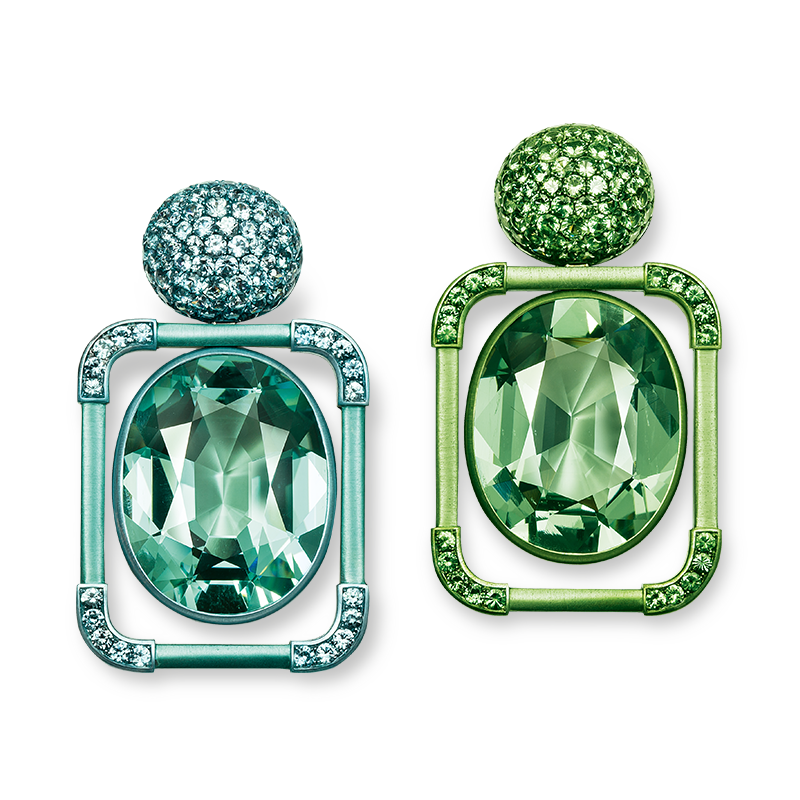
aluminum – white gold – beryls – zircon – tsavorite – garnets
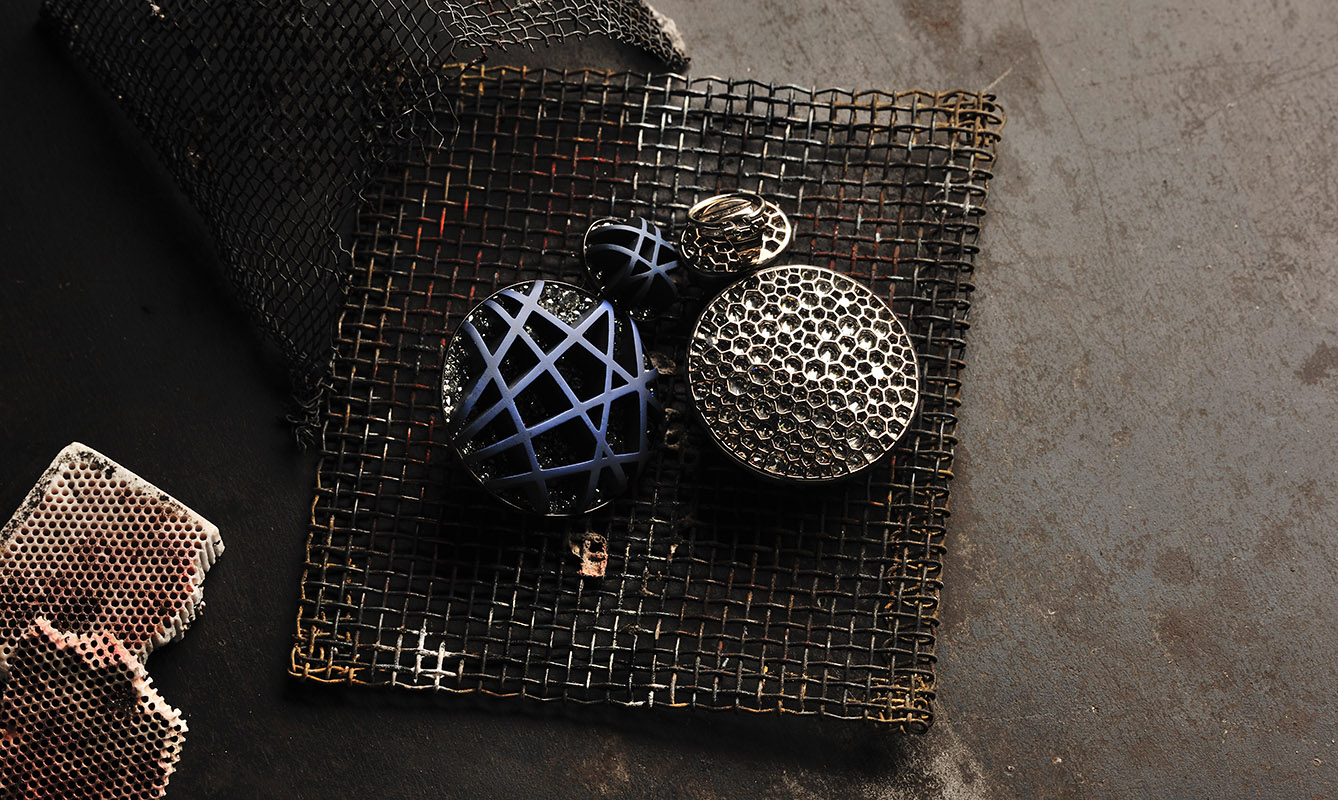
Earrings by Hemmerle in the atelier
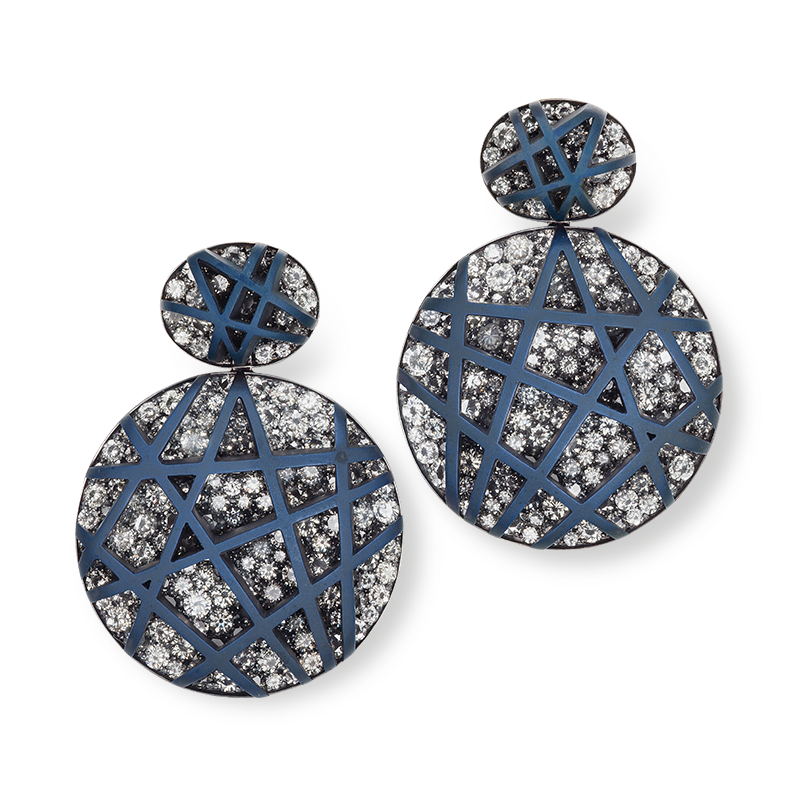
aluminium – silver – white gold – diamonds
1st Century AD
In Naturalis Historia, Roman scholar Pliny the Elder tells the story of a goldsmith who presented an unusual dinner plate to Emperor Tiberius, made from a metal that had a strong resemblance to aluminium – lustrous and extremely light. According to the goldsmith, he used a secret technique only known to himself and the gods.
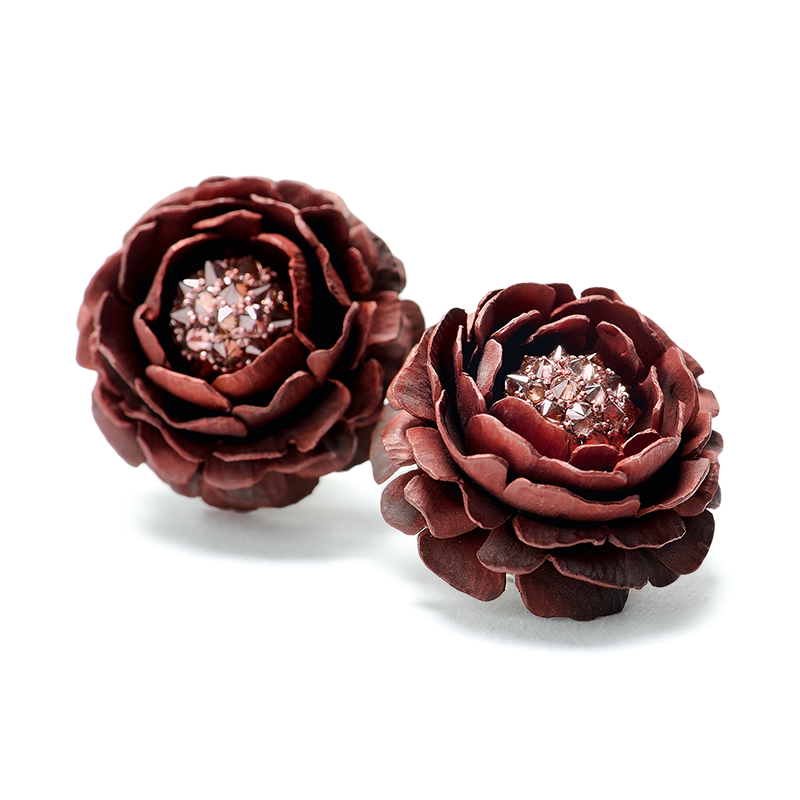
aluminium – white gold – diamonds
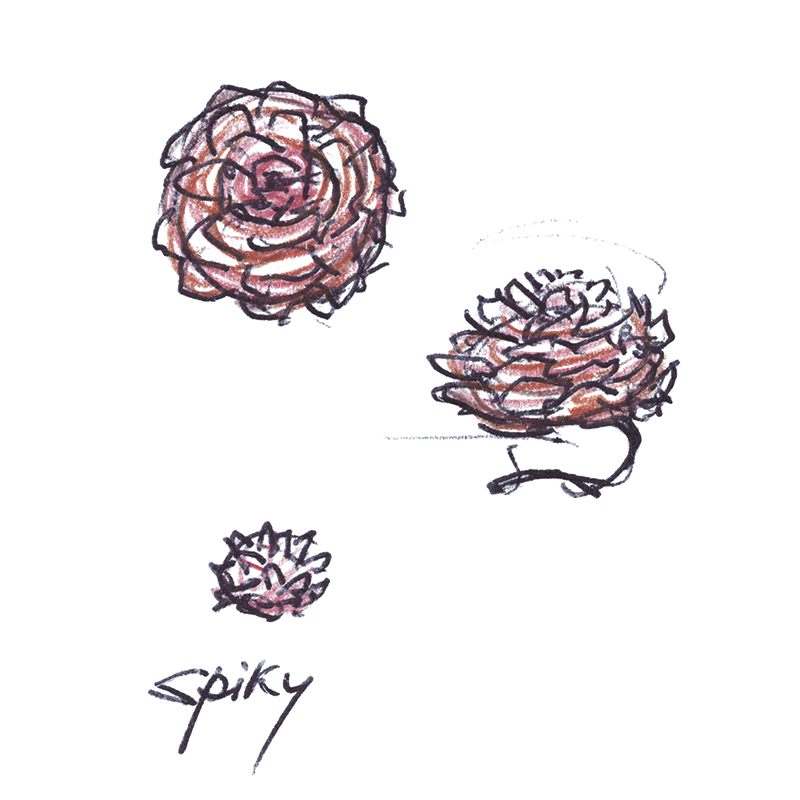
A beautiful sketch by Hemmerle
1825 – 1854
Danish physicist and chemist Hans Christian Ørsted pioneered the procedure of isolating pure aluminium. The German chemist Friedrich Wöhler continued to develop Ørsted’s work and managed to isolate a small amount of pure solidified molten aluminium in 1845. In France, chemist Henri Étienne Sainte-Claire Deville succeeded in producing aluminium on a much larger scale and in 1854 he established aluminium as the versatile material we appreciate today.
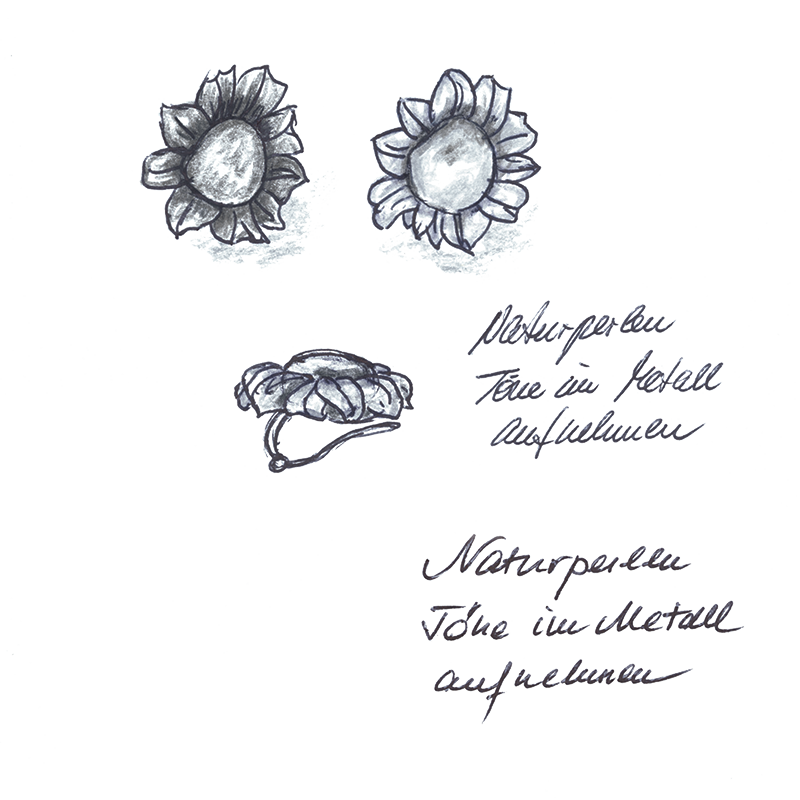
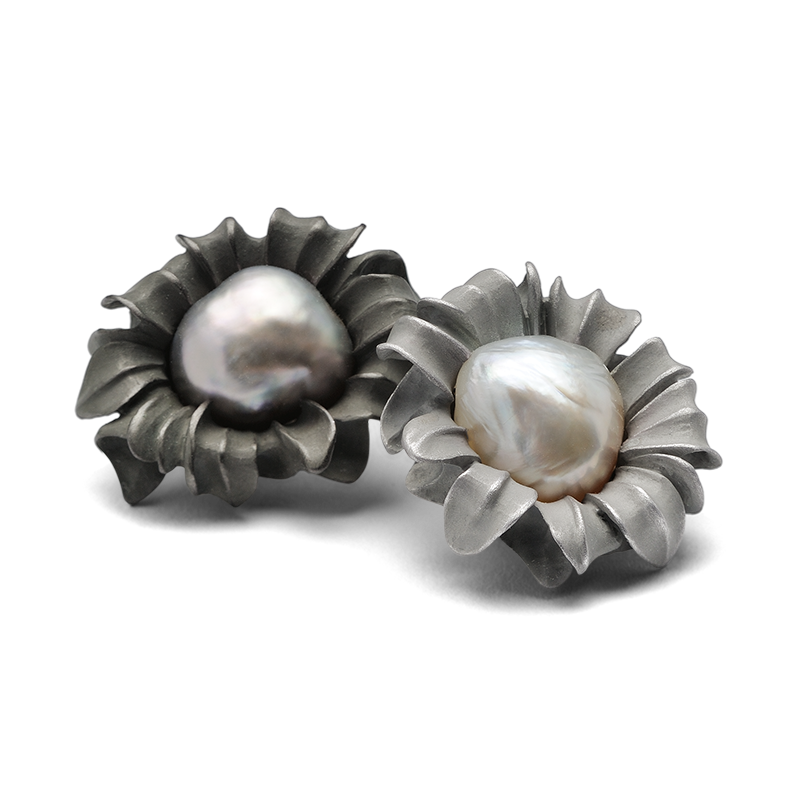
aluminium – white gold – natural pearls
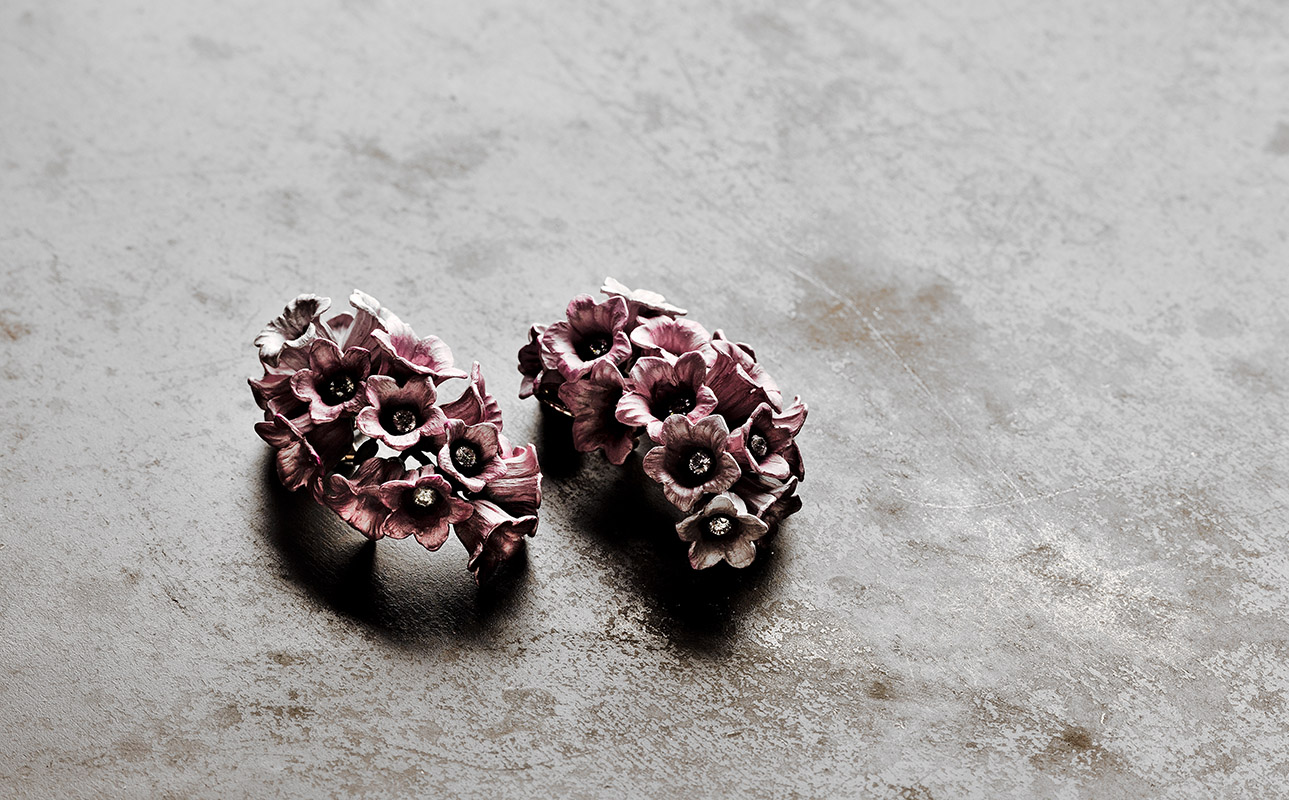
Flower earrings by Hemmerle made of aluminium – silver – white gold – diamonds
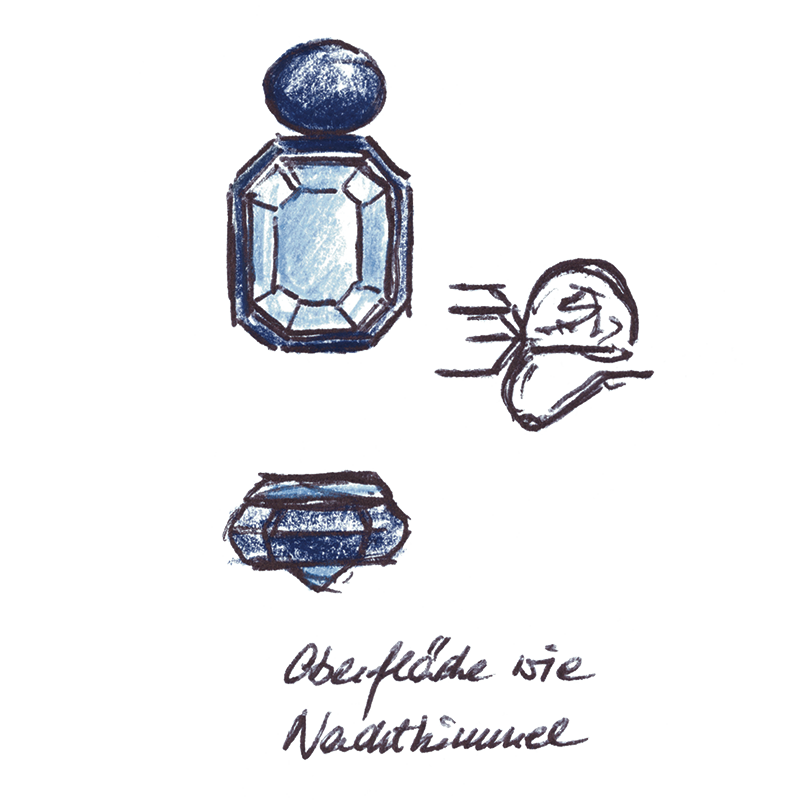
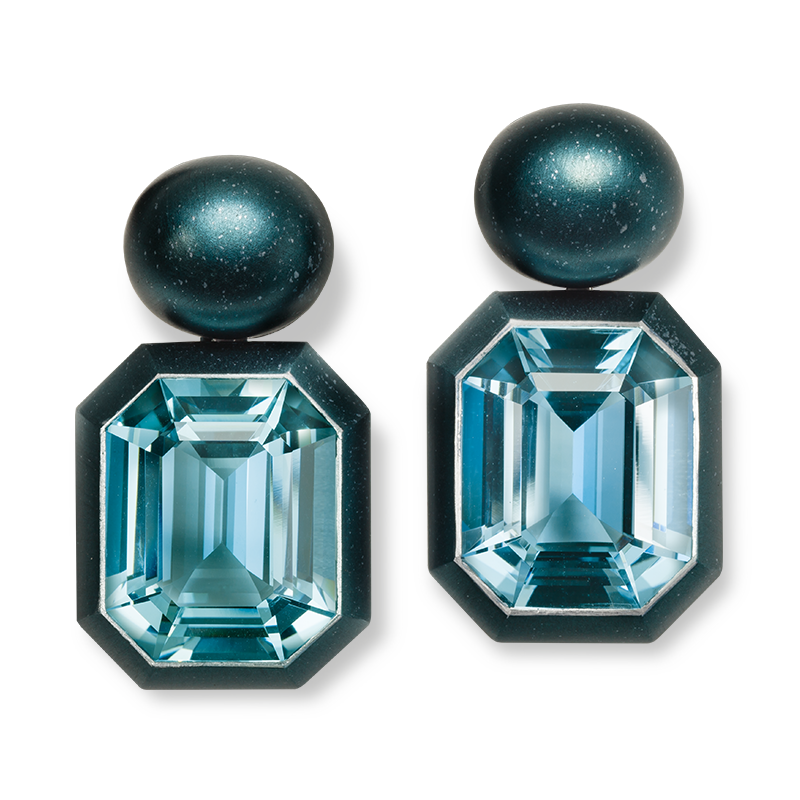
aluminium – gold – aquamarines
1855
Twelve small ingots of aluminium were displayed at the Exposition Universelle in Paris. Soon after its introduction to the French public, the demand for the newly discovered metal increased rapidly and, given its scarcity, swiftly became the most valuable metal in the world.
Napoleon III of France is said to have held a banquet where the most honoured guests were given aluminium utensils, whilst all remaining diners were only given gold.
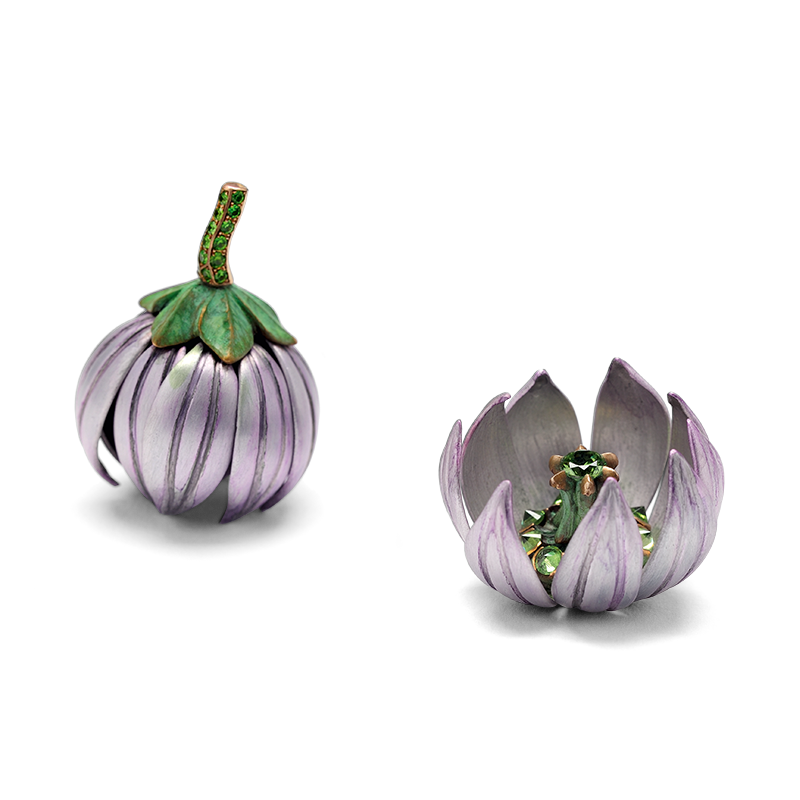
aluminium – bronze – gold – demantoid garnets
1886
The American chemist Charles Martin Hall and French engineer Paul Héroult, separately and simultaneously, revolutionised the manufacturing of aluminium. They established a cost-effective and inexpensive electrolysis process by which aluminium was extracted from aluminium oxide, enabling its mass production.
The Hall–Héroult method paved the way for 20th century chemists and engineers and is still used today to produce nearly all of the world’s aluminium.
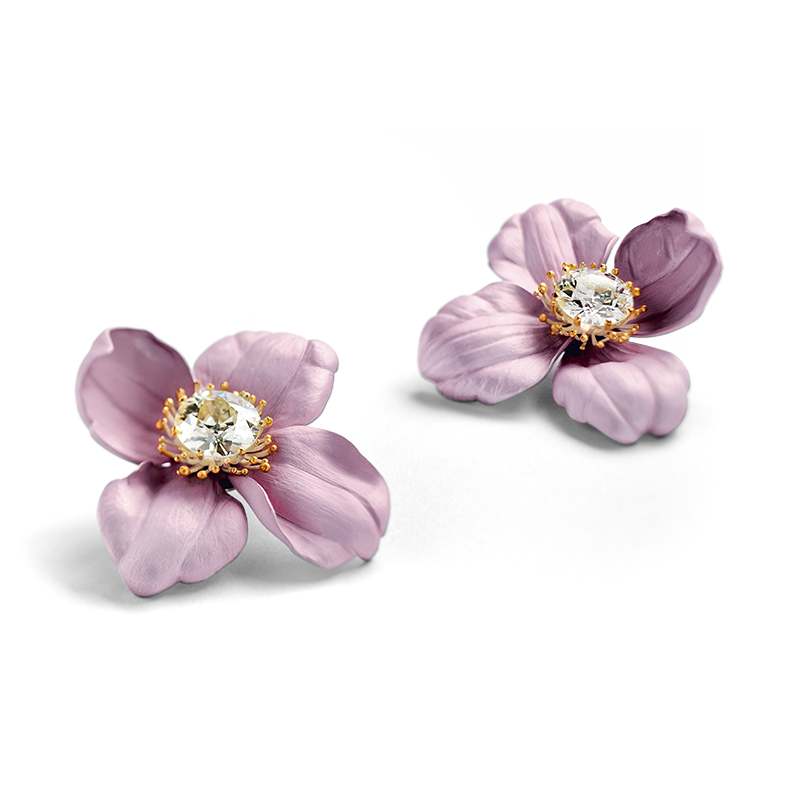
aluminium – gold – diamonds
